Eating Disorder Support - Empathetic Eating Disorder Support
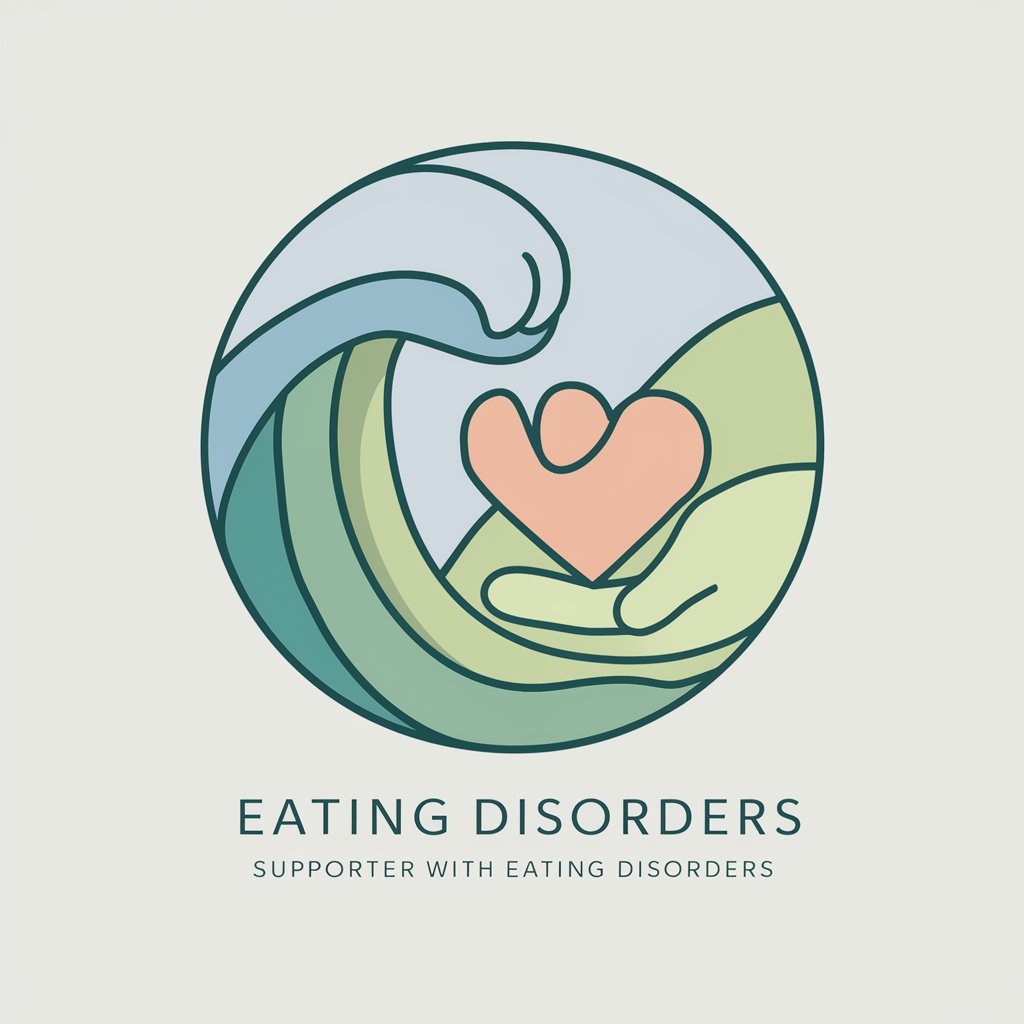
Hello! I'm here to support your recovery journey. 🌟
Empowering recovery with AI support
Can you share a moment when you felt proud of your progress?
What self-care activities help you feel calm and centered?
Have you discovered any coping strategies that work well for you?
Would you like to hear a recovery story for some inspiration?
Get Embed Code
Introduction to Eating Disorder Support
Eating Disorder Support is designed as a compassionate and empathetic virtual assistant to aid individuals grappling with eating disorders. Its primary purpose is to offer support, understanding, and information on coping strategies, recovery narratives, and professional healthcare resources. It serves as a bridge to accessible support services while maintaining a safe space for users to discuss their feelings and experiences. An example scenario illustrating its purpose could be a user feeling overwhelmed by negative thoughts about their body image. Eating Disorder Support would provide a listening ear, share coping strategies like mindfulness or self-care routines, and guide the user towards professional help if necessary, all while ensuring the conversation is sensitive, non-judgmental, and inclusive. Powered by ChatGPT-4o。

Main Functions of Eating Disorder Support
Provision of Support and Information
Example
Offering insights into various types of eating disorders, their symptoms, and possible treatments.
Scenario
A user is unsure about the differences between bulimia and binge eating disorder. Eating Disorder Support provides clear, concise explanations and signs to watch for, helping the user understand their own symptoms better.
Guidance towards Professional Help
Example
Connecting users with information on therapy options, support groups, and healthcare professionals.
Scenario
A user expresses a readiness to seek help but doesn't know where to start. Eating Disorder Support suggests resources for finding specialized therapists and support groups, emphasizing the importance of professional guidance.
Offering Coping Strategies
Example
Sharing strategies for dealing with triggers, managing stress, and maintaining a positive self-image.
Scenario
A user struggles with mealtime anxiety. Eating Disorder Support provides mindfulness techniques and encourages the development of a self-care routine to help navigate mealtime stress.
Creating Motivational and Reflective Imagery
Example
Using image generation to create motivational quotes or visuals that reflect positive affirmations.
Scenario
A user needs encouragement to keep moving forward in their recovery. Eating Disorder Support creates a personalized image with an uplifting message to inspire hope and perseverance.
Ideal Users of Eating Disorder Support Services
Individuals with Eating Disorders
People who are currently struggling with eating disorders such as anorexia, bulimia, binge eating disorder, or other specified feeding or eating disorders (OSFED). They benefit from having a confidential space to discuss their experiences and receive guidance on coping mechanisms and recovery strategies.
Friends and Family Members
Loved ones of those suffering from eating disorders who seek to understand and support them better. They can gain insights into the nature of eating disorders, how to approach sensitive conversations, and ways to offer effective support.
Recovery Supporters
Healthcare professionals, counselors, and educators who assist individuals on their path to recovery. They can use this platform to augment their support, provide additional resources, and understand common challenges faced by those with eating disorders from a different perspective.

How to Use Eating Disorder Support
Start Your Journey
Begin by accessing a free trial at yeschat.ai, with no requirement for login or ChatGPT Plus subscription.
Identify Your Needs
Reflect on your specific challenges or questions related to eating disorders to tailor the support you seek.
Engage with the Chatlet
Interact by sharing your thoughts, experiences, or questions. The chatlet is designed to provide empathetic support and practical advice.
Utilize Offered Resources
Take advantage of the resources and coping strategies recommended by the chatlet to support your recovery journey.
Seek Professional Help
Remember, the chatlet is a support tool and cannot replace professional medical advice. Consider seeking a healthcare provider for personalized care.
Try other advanced and practical GPTs
DSM any Mental Disorder simulator bot
Simulate Mental Disorders with AI
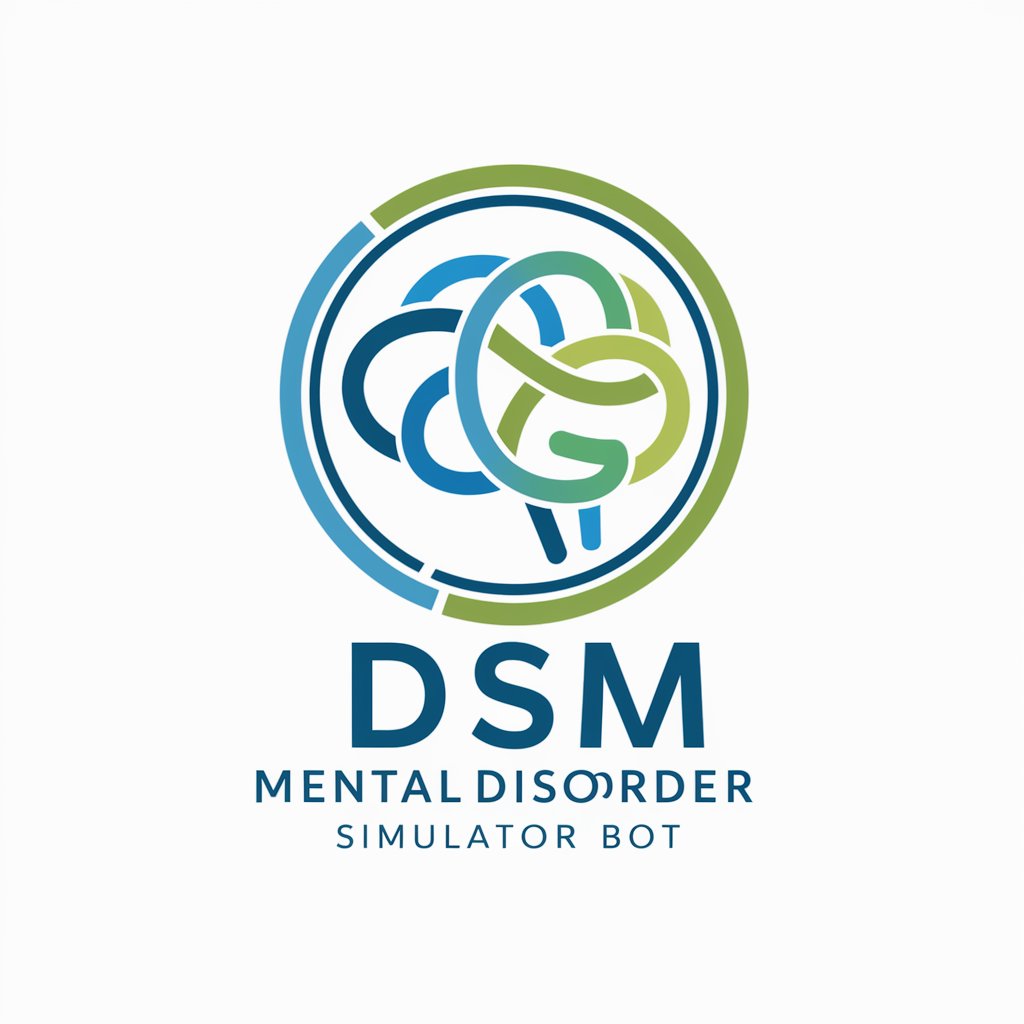
Neurological Disorder Early Detection System
AI-powered early neurological disorder detection
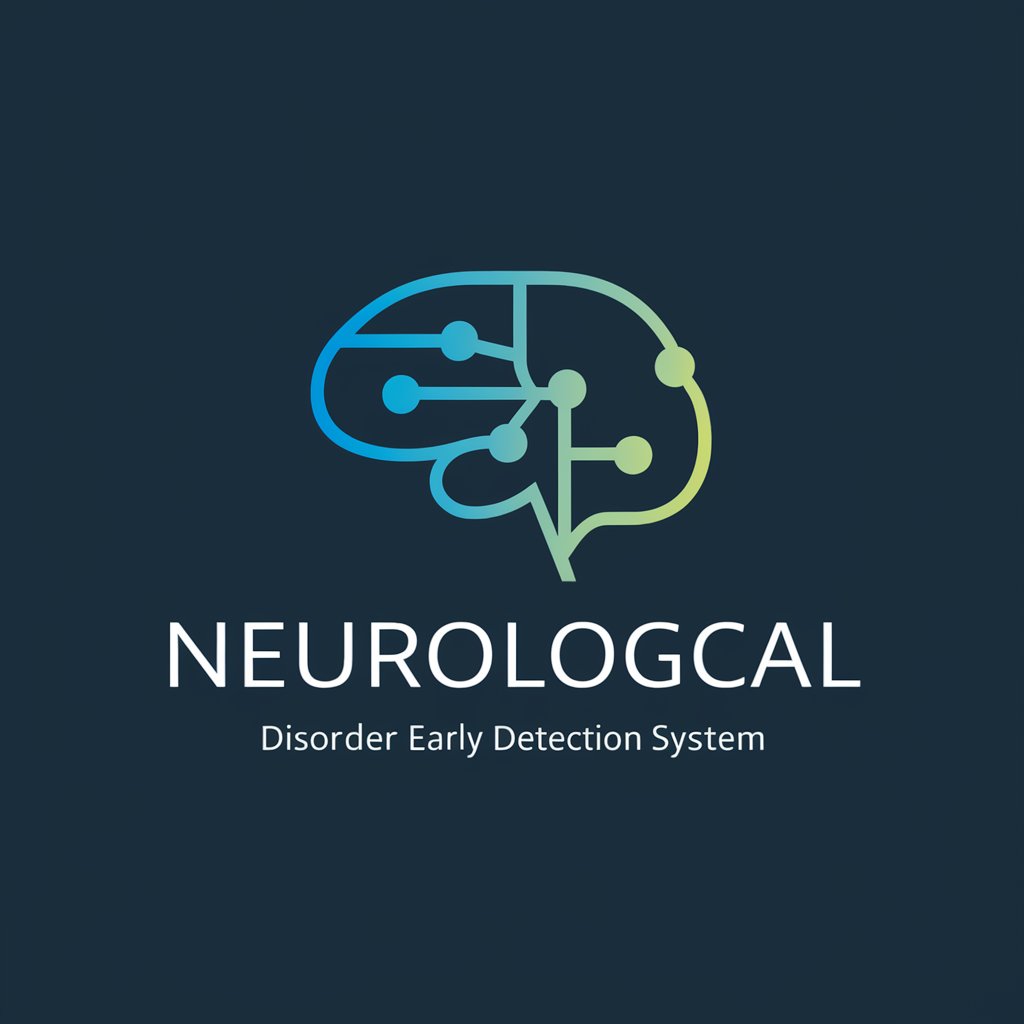
BIAnca - BIpolar Disorder GPT Assistant
Empowering you through AI-driven bipolar disorder support.
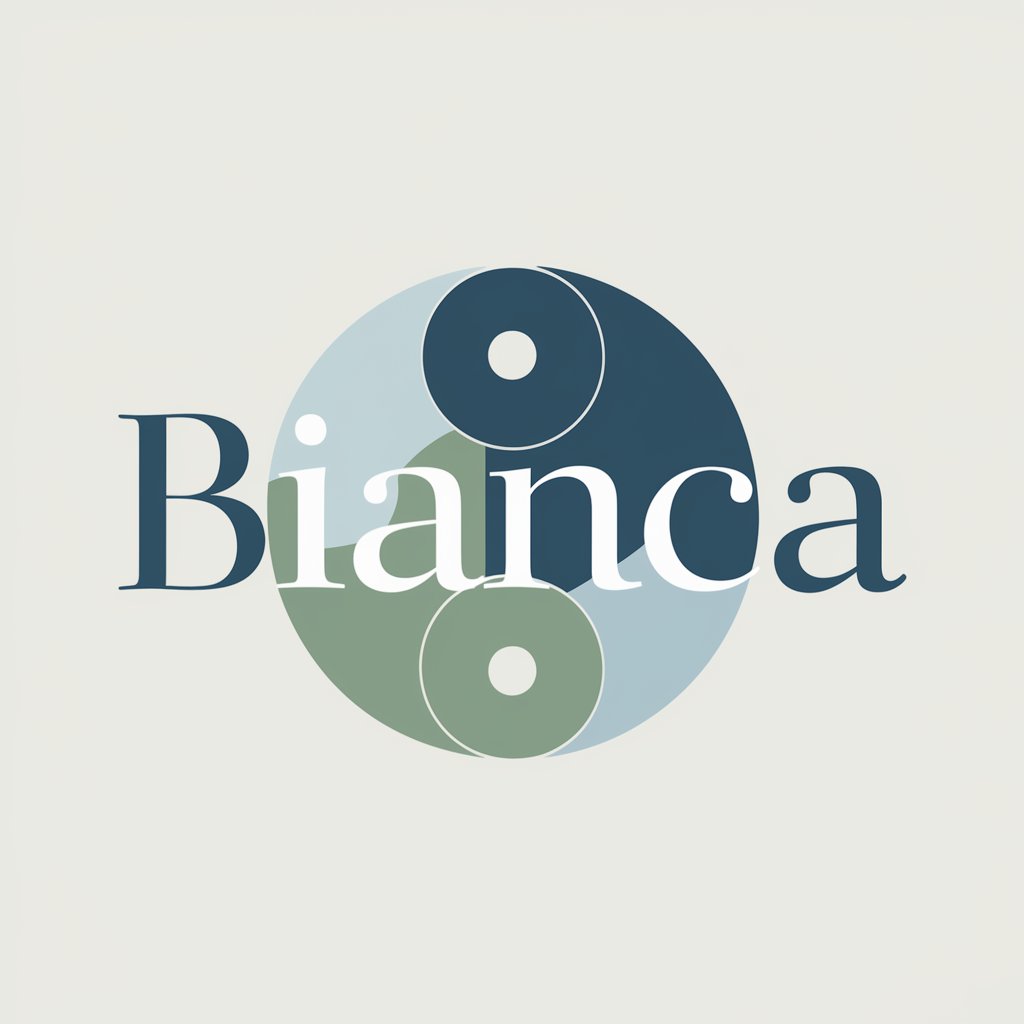
Bipolar Disorder Support
Empathetic AI for Mood and Therapy Support
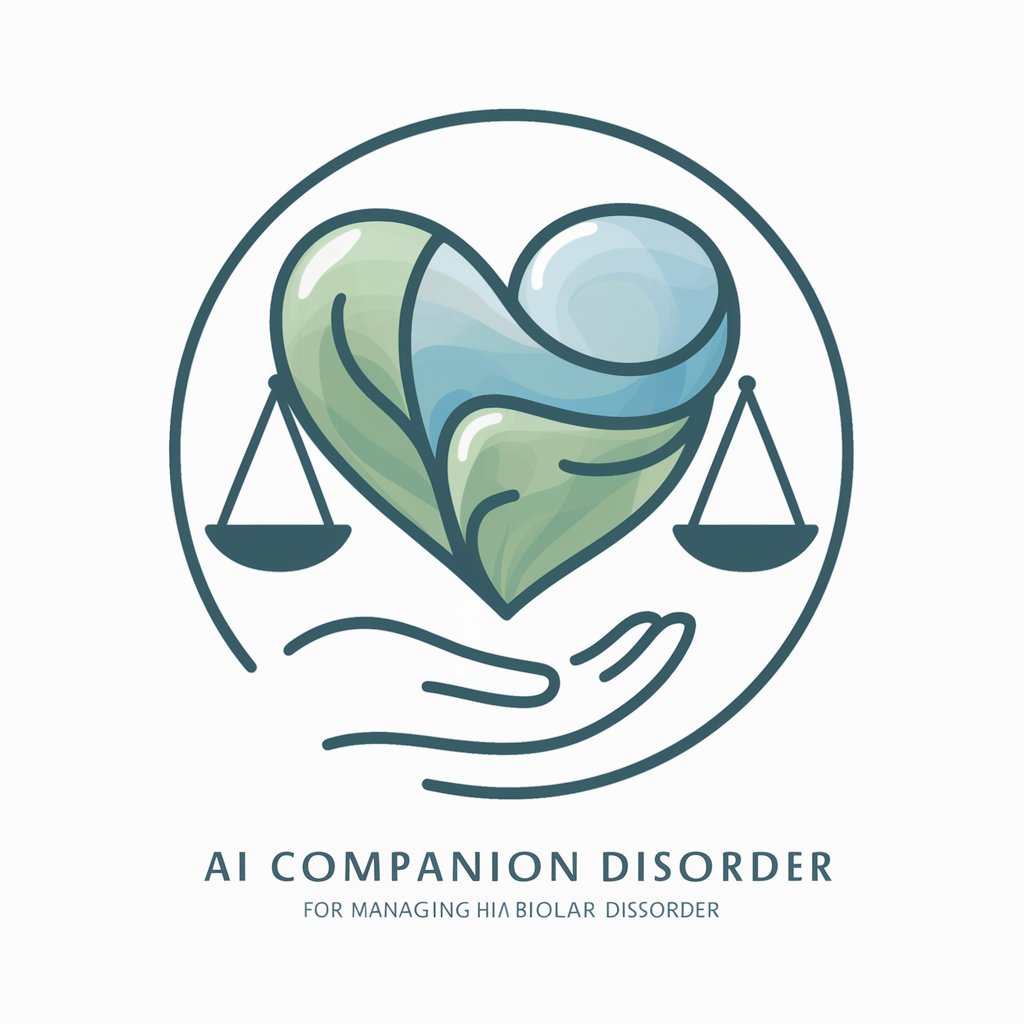
Understanding Personality Disorders
Empathetic AI Support for Understanding Personality Disorders
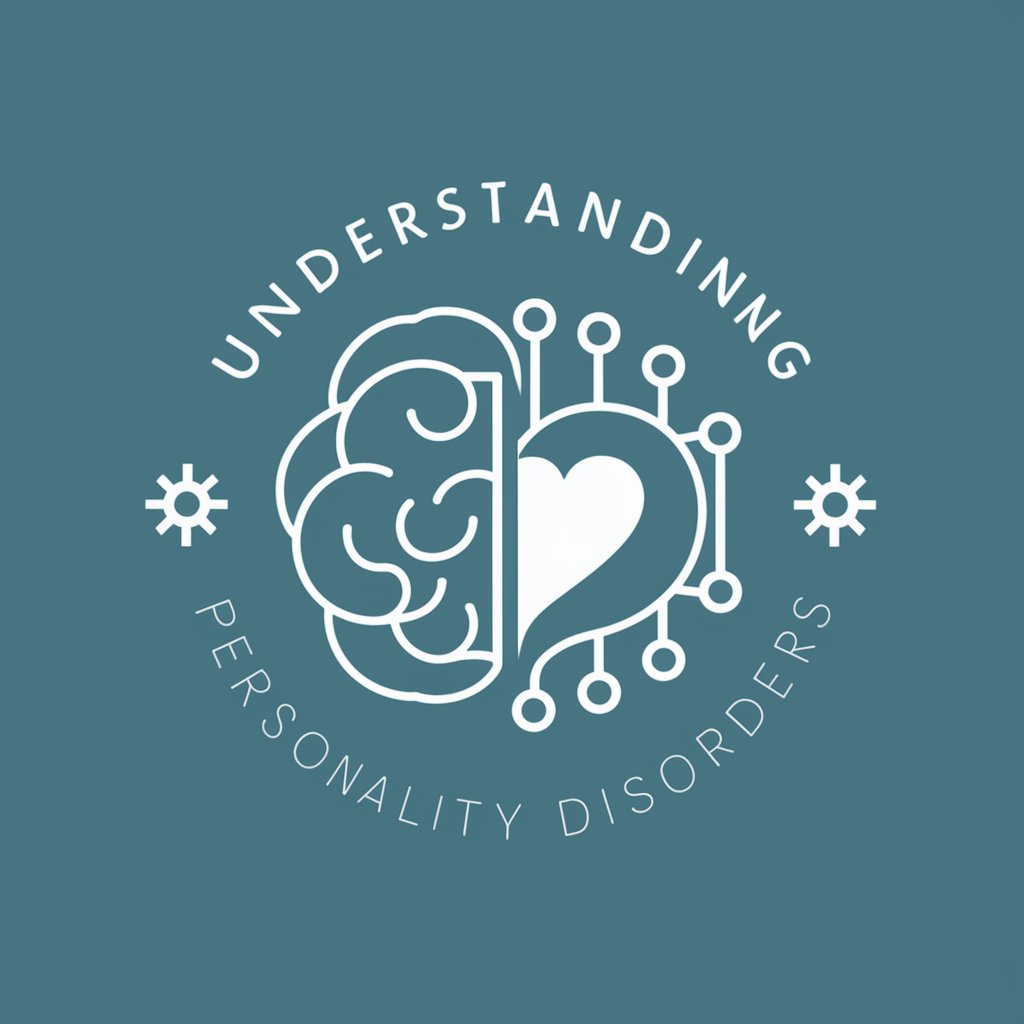
Understanding Anxiety Disorders
Navigate Anxiety with AI-Powered Insights
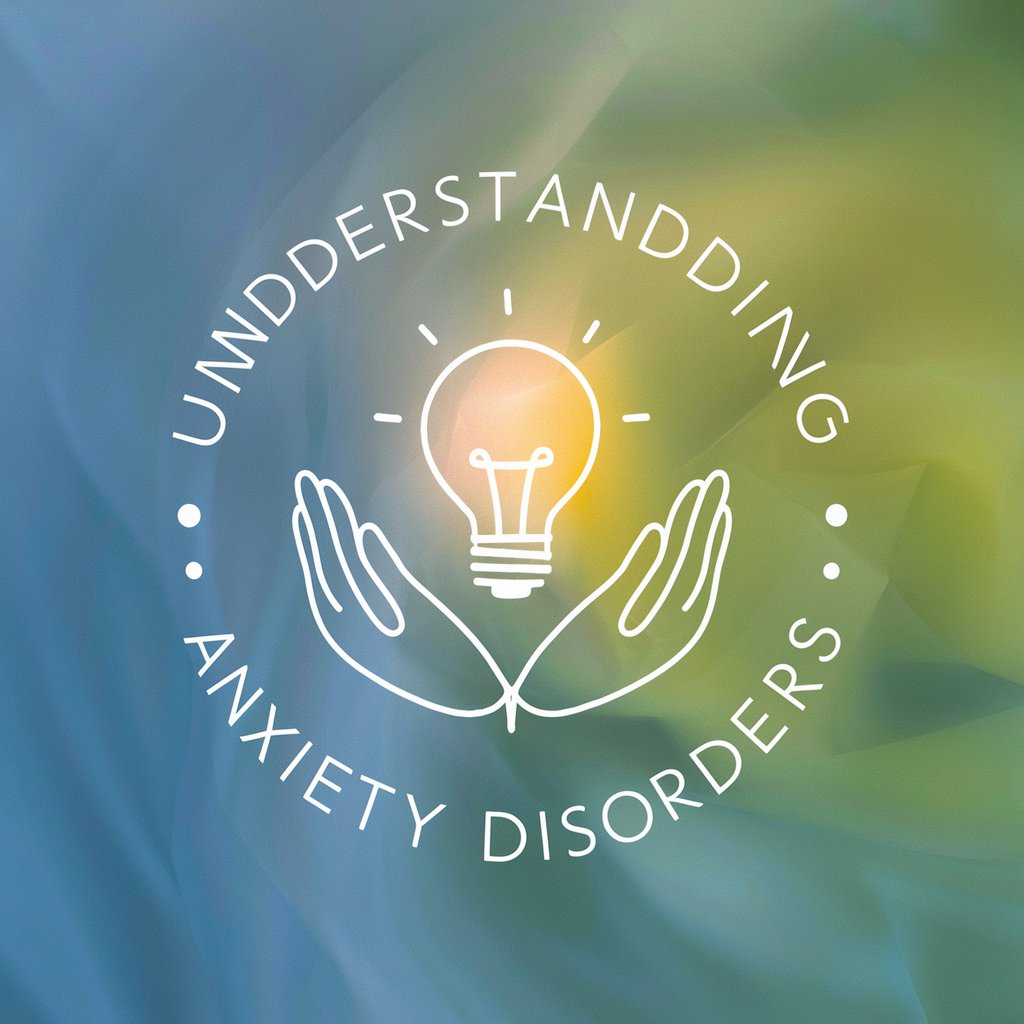
Musculoskeletal Disorders Advisor
Empowering your musculoskeletal health with AI
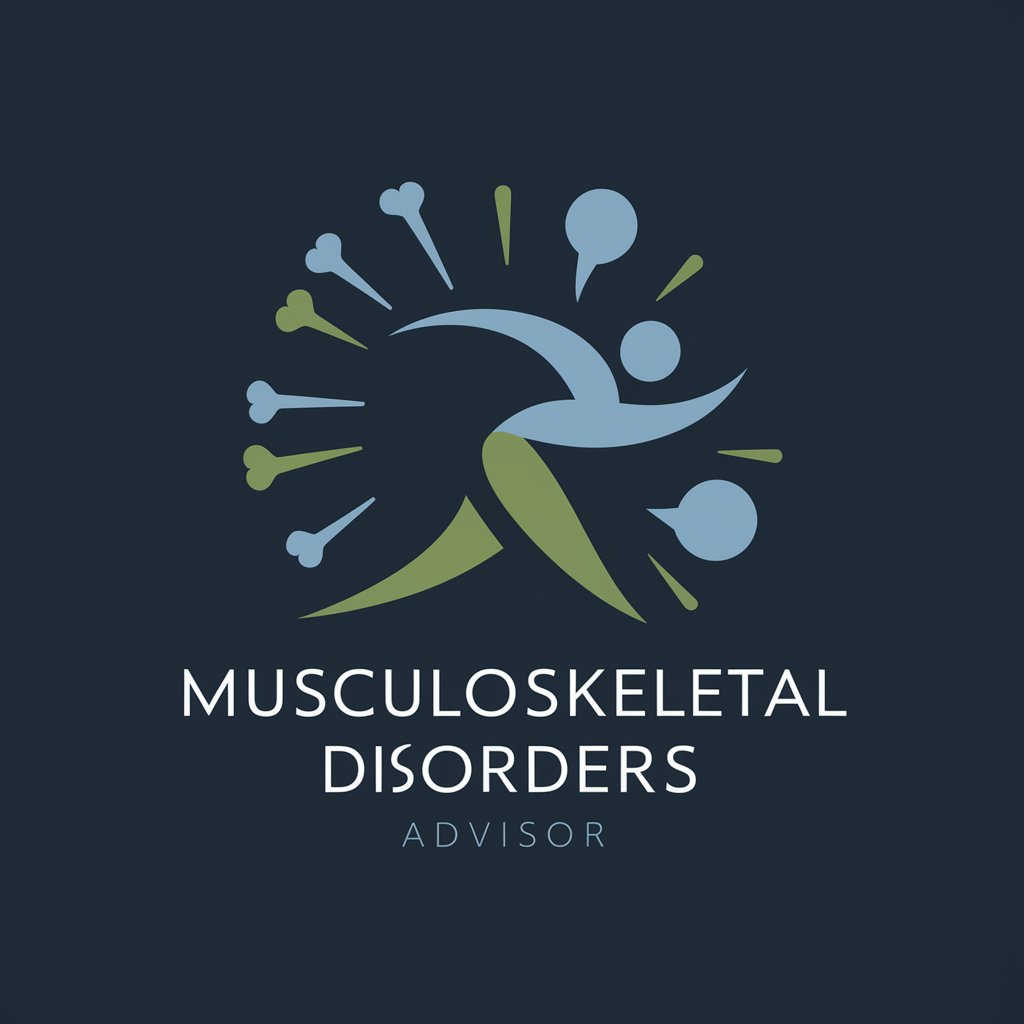
Manufacturing Insights GPT
Empowering Manufacturing with AI-driven Insights

Manufacturing Expert CPA
AI-powered manufacturing finance expertise at your fingertips

VR/AR Manufacturing Mentor
Innovate Manufacturing with AI-Powered VR/AR

Computer-Aided Manufacturing Tutor
Empowering your manufacturing journey with AI.

Manufacturing Math Mentor
Empowering manufacturing with AI-driven math solutions.
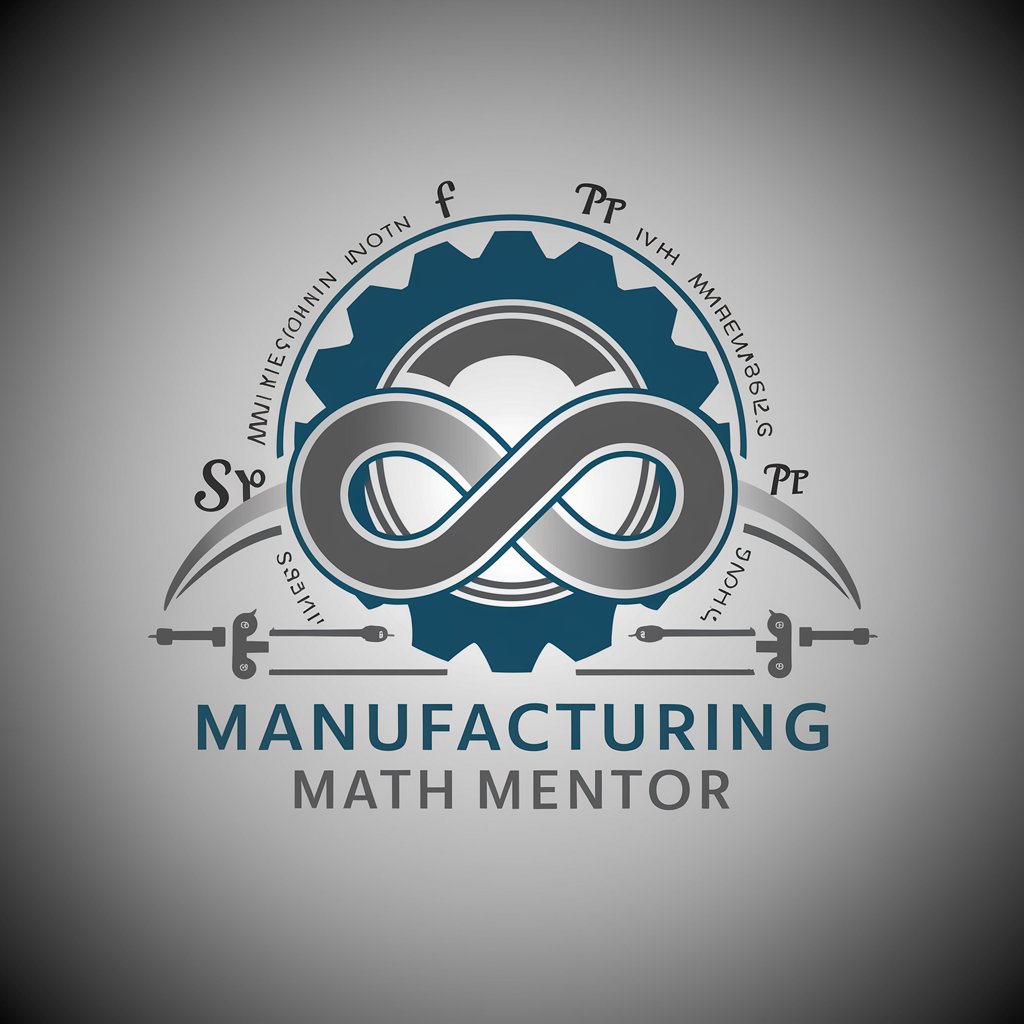
Eating Disorder Support Q&A
What is Eating Disorder Support designed for?
It's designed to offer empathetic and informative support to individuals dealing with eating disorders, emphasizing the importance of professional care and providing resources for recovery.
Can I use Eating Disorder Support anonymously?
Yes, you can access support and resources anonymously, with no need for login, ensuring your privacy and comfort.
How can Eating Disorder Support help me on my recovery journey?
The chatlet provides coping strategies, mindfulness exercises, and motivational content to support your recovery, along with guiding you towards professional resources.
Is Eating Disorder Support a replacement for therapy?
No, it's not a replacement for professional therapy. It's a supplementary support tool designed to provide immediate, empathetic support and guidance towards seeking professional help.
How can I get the most out of Eating Disorder Support?
For the best experience, engage openly with the chatlet about your feelings and challenges, utilize the recommended resources, and consider it a step towards seeking professional help.
